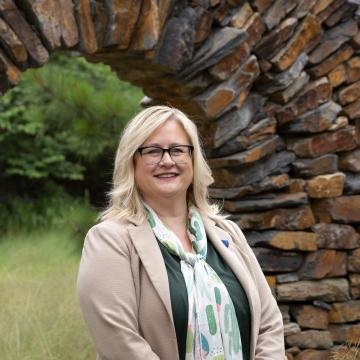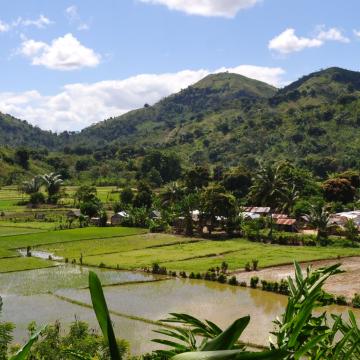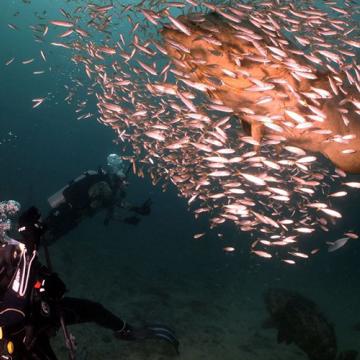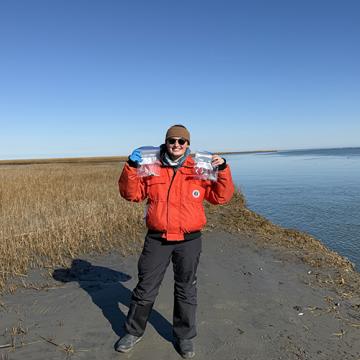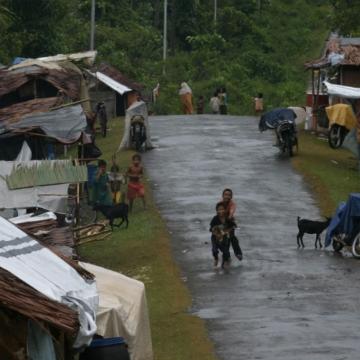-
NewsStanback Dean Lori Bennear shares how she got into the environmental field, her leadership style, and vision for the next five years, as well as some favorite memories from her time at Duke, so far.
-
NewsEnvironmental policy scholar has been interim dean since 2023
-
NewsMarine Science & Conservation program faculty and staff answered questions about the skills students earn from MSC courses as well as the advantages of the major.
-
NewsA Duke Forest tour featured research from the SEEDS Lab.
-
NewsMeet the Read Lab, learn more about its research focus, lab members' experiences in the lab and the opportunities the lab offers Duke students.
-
NewsTaking action in each phase is a community effort
-
NewsCrab behavior suggestive of wound-tending may improve coral tolerance to heat waves.
-
NewsSimon Heinberg, a Master of Environmental Management and Master of Public Policy concurrent degree student, recently shared insights into why he's pursuing concurrent degrees, advice for students considering the concurrent degree path and his favorite memory so far.
-
NewsKat Taylor, a Master of Environmental Management and Master of City and Regional Planning concurrent degree student, recently shared insights into why she's pursuing concurrent degrees, advice for students considering the concurrent degree path and her favorite memory so far.
-
NewsAlejandra Jaramillo, a Master of Environmental Management and Master of Business Administration concurrent degree student, recently shared insights into why she's pursuing concurrent degrees, advice for students considering the concurrent degree path and her favorite memory so far.
-
NewsHanna Rush, a Master of Environmental Management and Master of Business Administration concurrent degree student, recently shared insights into why she's pursuing concurrent degrees, advice for students considering the concurrent degree path and her favorite memory so far.
-
NewsVictoria Thompson, a Master of Environmental Management and Master of Forestry concurrent degree student, recently shared insights into why she's pursuing concurrent degrees, advice for students considering the concurrent degree path and her favorite memory so far.
-
NewsOlivia Grobmyer, a Master of Environmental Management and Master of Public Policy concurrent degree student, recently shared insights into why she's pursuing concurrent degrees, advice for students considering the concurrent degree path and her favorite memory so far.

